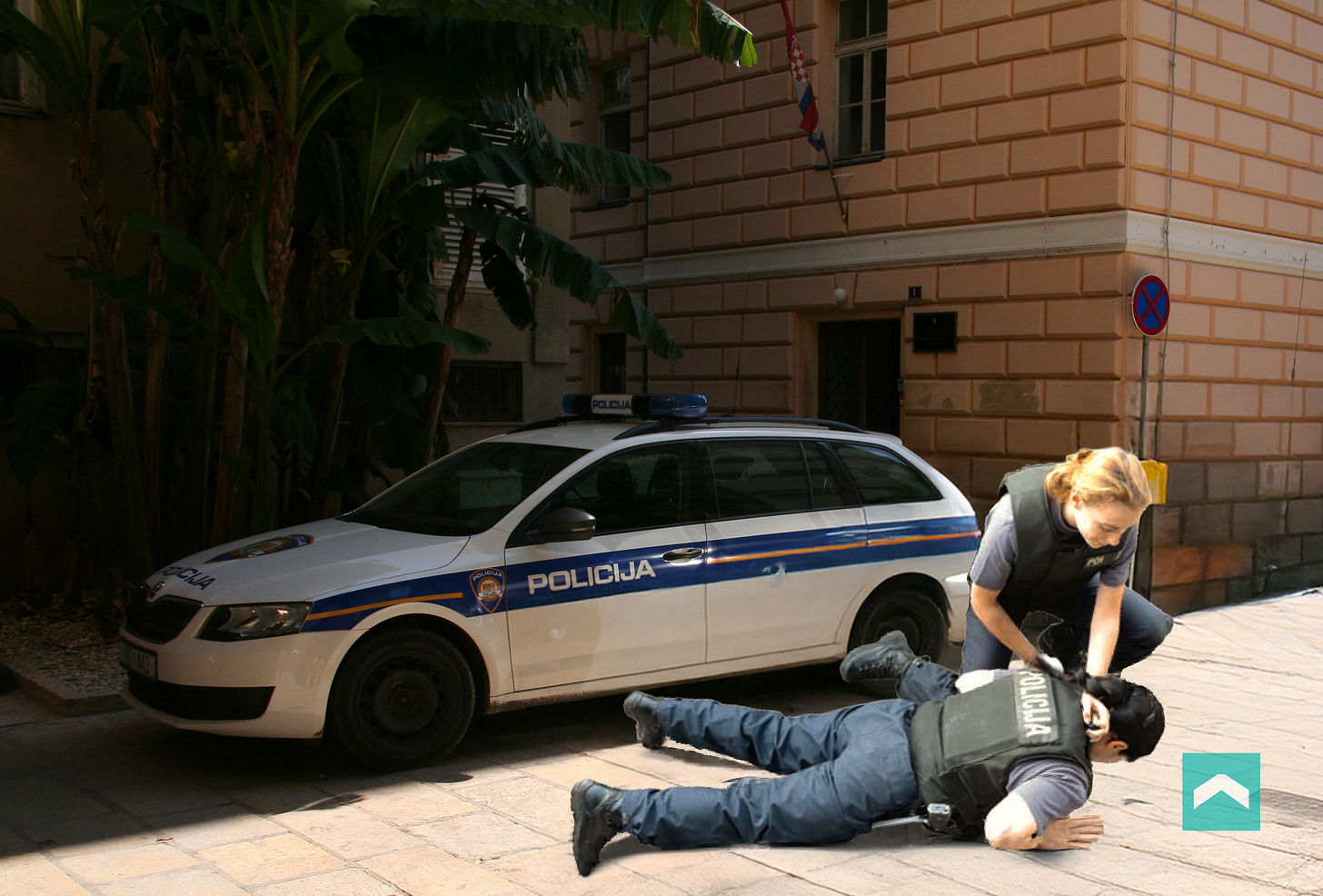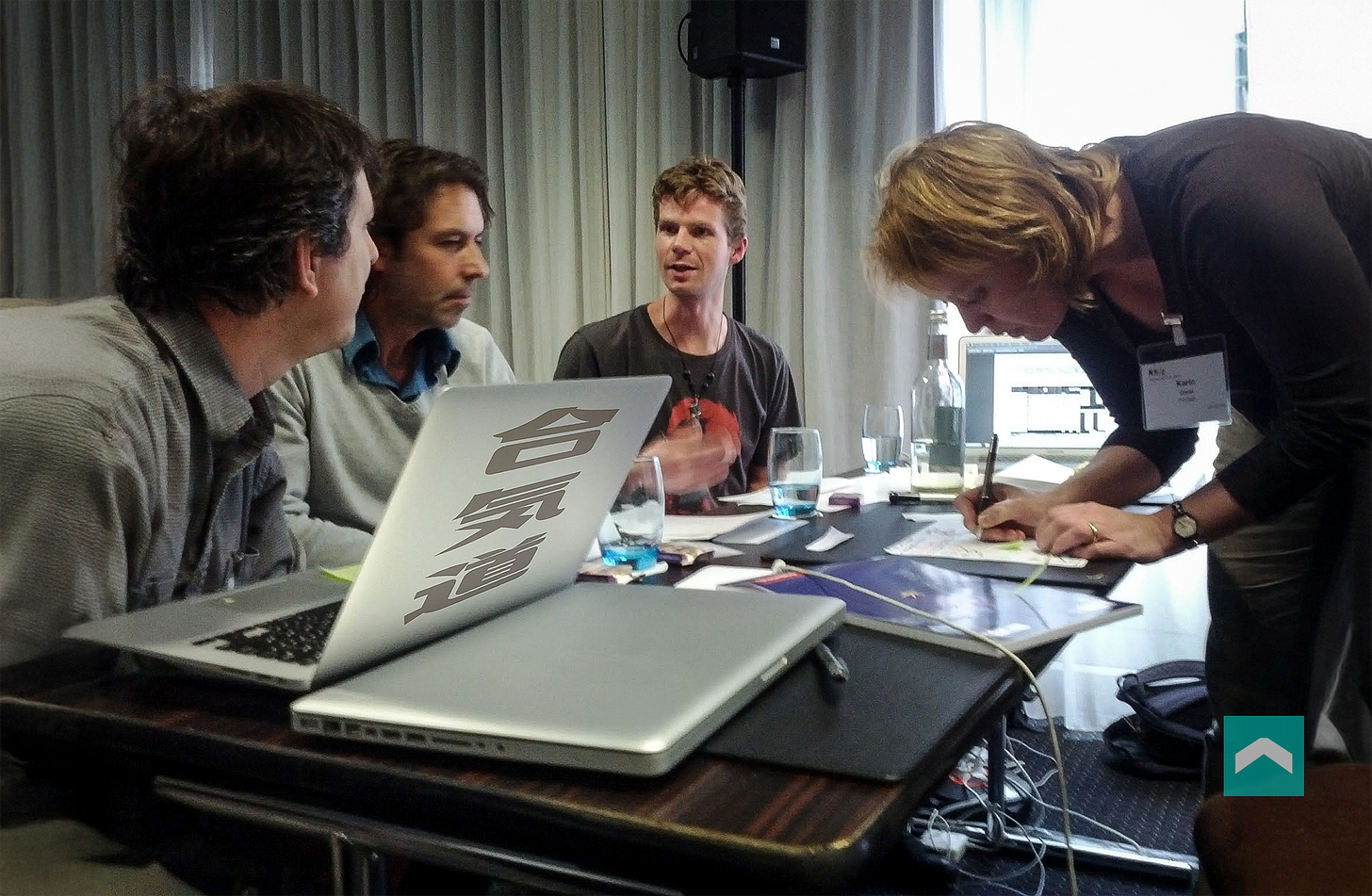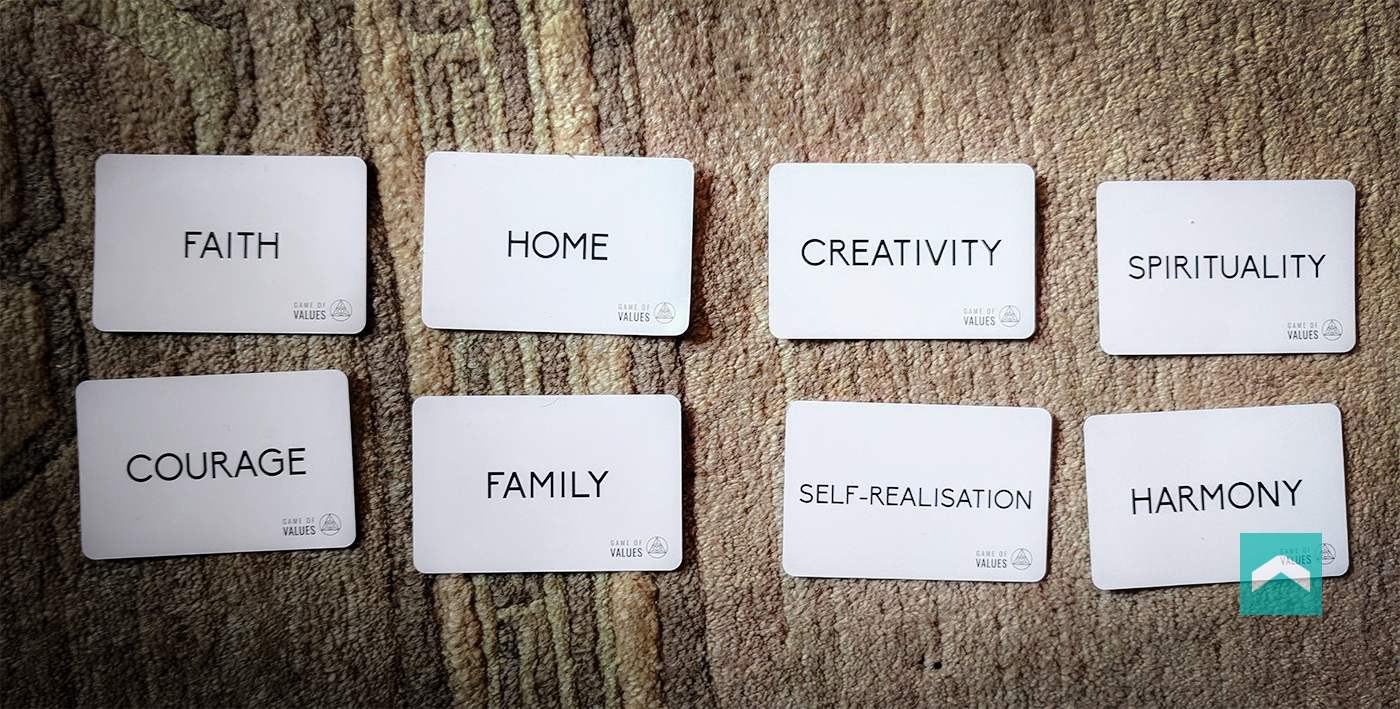The police encounter that proved aikido actually works
How aikido training showed up in a traffic encounter, a board meeting, and a crazy woman attack
I was turning left from a secondary road when I saw the car coming from my right. I estimated I had enough time to make the turn, but I was wrong. The other driver had to brake, and the police officer who was standing about 100 meters ahead (lucky me ;) saw everything and waved me over.
The moment I pulled over, my body went into full defensive mode. Heart rate up, shoulders tight, ready to argue my case. But then something strange happened. I could see myself from the outside, watching this tense guy getting ready to fight a police officer over a traffic violation.
That's when it hit me: he's just a normal guy doing his job. He's not trying to ruin my day or prove he's better than me. He probably doesn't want this interaction any more than I do.
My body relaxed immediately. I smiled and explained what happened, acknowledged that I misjudged the distance, and the officer let me go with a warning.
It was the first time I clearly felt how aikido training had changed something fundamental about how I respond to conflict, and I was still early in my practice.
What happens when you stop seeing enemies
The online aikido community spends endless energy debating whether the techniques work in real fights. I've written before about why this misses what people are actually seeking when they practice aikido. For me, the real value was learning how not to fight, which turned out to be far more useful than any self-defense technique.
The police encounter revealed something I'd never noticed consciously: how years of wrist grabbing attacks allowed me to step outside automatic defensive reactions and find a way to harmonize with the situation instead of fighting against it.
This shift in perspective changes a lot. Instead of seeing conflict as something to win or lose, you start looking for ways to resolve it without anyone having to be wrong.
A few years later, this approach probably saved my career.
How aikido changes your response to conflict
At the software company where I did sales and marketing, the board decided I wasn't the right person for the role because I was struggling with addiction and wanted to replace me.
My first instinct was to fight back verbally, to blame them for their decision, to make the case for why I should stay. That probably would have created exactly the kind of bad position that would have gotten me kicked out permanently.
Instead, I remembered my teacher's advice: don't fight, stay on the aikido path. So I took ukemi. I accepted the situation, respected the CEO's decision even though it felt impulsive and influenced by someone who wanted my position, and focused on how I could be useful rather than how I could prove I was right.
It took a year, but that response didn't just keep me in the company—eventually I moved up to the marketing department (which I liked, unlike sales). Looking back, fighting would have guaranteed disaster for both our friendship and the business.
When aikido principles don't work
But let me be honest about the limitations. Recently, I encountered a suspicious woman lurking around our apartment building. I approached her politely with compassion, asked who she was looking for and if I could help. She just went crazy, yelling and then attacking me when I tried to take a photo.
For five to ten minutes, she was hitting me, kicking me, trying very hard to slap me in the face while I kept retreating. When I finally had nowhere left to go and my stress was so high, so I was considering hitting back, I realized something important: aikido doesn't really teach you how to remain calm during a genuine psychotic attack.
The police eventually came and she left, but the experience showed me where the boundaries are. Aikido works great when the other person is fundamentally rational, even if they're angry or stressed. When someone is truly disconnected from reality, those principles become much less useful.
I've also noticed that aikido doesn't automatically improve emotional control. Meditation helps me more with that. But what aikido did teach me was how to recognize the difference between conflicts that can be resolved through better engagement and situations that require different tools entirely.
What this actually means in daily life
The shift from seeing every conflict as a battle to win to looking for ways everyone can come out okay isn't just philosophical. It's practical. Most of the conflicts we face, from traffic stops to workplace disagreements to family tensions, happen between basically reasonable people who want different things.
When you're not focused on being right or proving a point, you can see options that weren't visible before. You can acknowledge someone else's concerns without abandoning your own. You can let someone save face while still getting what you need.
It's not about being passive or letting people walk over you. It's about recognizing that most conflicts happen because people feel misunderstood or threatened, not because they're inherently evil.
The police officer wasn't trying to ruin my day. The board wasn't trying to destroy my career out of malice. Once I could see their perspective alongside my own, different responses became possible.
As I wrote before, most people don't practice aikido to become better fighters. They practice it because it changes something about how they move through the world. For me, that change was learning to see conflict as a problem to solve together rather than a battle to win alone.
But it's not magic, and it doesn't work in every situation. Sometimes you need other tools. Sometimes you need to know when to call the police instead of trying to blend with crazy.
The question isn't whether aikido makes you invincible in conflict. It's whether it gives you more options than you had before. In my experience, it does.





